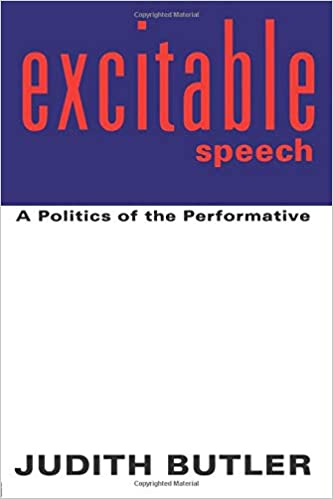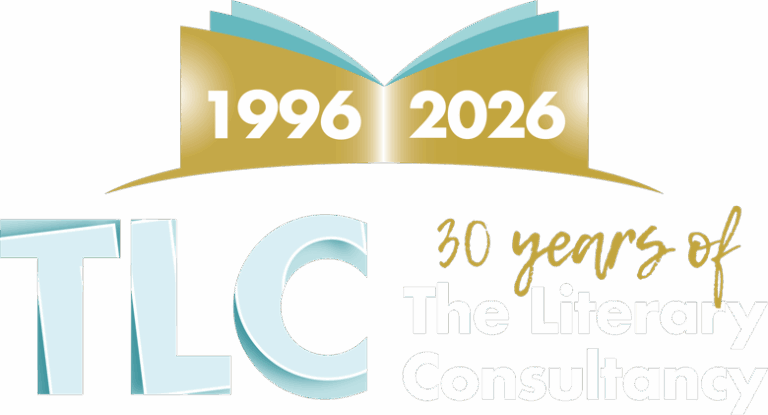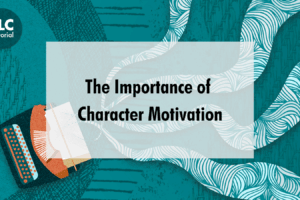This month’s TLC Blog comes from poet David Herring, who used TLC as part of an experiment in Patreon poetry earlier this year.
“We recommend a first read-through, then putting the report aside for at least a few days, before coming back to it… [giving] you time to work through the feedback on a subconscious level.”
[Extract from TLC’s ‘Next Steps’ document, part of their manuscript assessment process.]
I first used TLC to get some feedback on a poem I had hopes for.
I had been browsing publisher websites and discovered that they often offered a one-month window for unsolicited submissions. While you are waiting, one said, take the chance to challenge your work and helpfully provided the link to TLC.
Like many would-be poets, I am sure, I have been waiting a while…
The reader TLC assigned to me that first time was Ahren Warner. The critique he gave was measured and fair. It also included what I have since come to call an ethico-aesthetic kick up the ass. Can poems that include an ugly thought-process be beautiful? he seemed to be asking. Do they not reproduce the ugliness they embody? Read Judith Butler (Excitable Speech – A Politics of the Performative), he suggested. I read Judith Butler.

I redrafted the poem and put it aside. I could see I was not ready…
The idea to set up a Patreon page came from my wife. I had posted a poem called Putting it out there on Facebook. It spoke to her and received good comments (and a few likes) from friends (and friends of friends I didn’t know I knew!) Why not put more of your poems on-line? she wondered. I was resistant at first, but when I saw the look of the Patreon page she came up with, I realised its potential. (The model for Patreon is that people subscribe to your page at different monthly tiers to gain access to the content you post.)
I have lots of good poems in the bank, I thought. Let’s put the best ones out there, we decided over a pub lunch. (This was September 2019 when you could still do this sort of thing!) Let’s see if we can find thirty or forty people willing to pay the price of a Costa to support my development as a poet.
We had the idea of paying TLC to subscribe to my Patreon page and provide a monthly critique of each month’s offer. This was a new model to them, but they were receptive. They suggested I continue to work with Ahren and agreed that his comments would be available to my subscribers. In a way, I was making the usually private dialogue between writer and editor public. To hold myself accountable, and to share insights with other writers. I wasn’t aware of anywhere else this was being done.
The first few months of Ahren’s commentaries (which he had pre-warned me would be essentially delivered in the same register as his TLC reports, i.e., not eschewing but retaining the objective, critical register) showed me that what I thought were my best poems were actually fairly lightweight. Also, they remained ethically suspect. (I developed a “JudithButlerometer”: my poems scored poorly. Perhaps 10% ethically sound.)
“Regardless of the ethical implications of this, it can just read as a very traditional, perhaps archaic, structuring of both persona and narrative, in which there is no room for the slippages of identity, feeling, affect that can perhaps produce a more fascinating poem (think here about someone like Vahni Capildeo, who is wonderful in how she complicates poetic subject positions.”
[Extract from Ahren Warner’s commentary on my November 2019 Patreon offer]
Gradually, though, I began to predict what Ahren would say before I posted each poem. This “Ahren-over-my-shoulder” voice had good instincts. Measured but fair, it told me I still had a way to go. Month after month, real-Ahren concurred…
I began to develop a freer style – playing with punctuation and lay-out. I started going to open Mic evenings. I felt a real buzz. I felt flow and a sense of growth. Ahren-on-my-shoulder remained sceptical. Real-Ahren, however, gave me glimpses of approbation.
“I want to start with what I think is the least-interesting part of what is, otherwise, the strongest of your poems I’ve read so far, and which I find in many ways to be quite a forceful and fascinating read.”
[Extract from Ahren Warner’s commentary on my February 2020 Patreon offer]
One of the most valuable things that Ahren did, by way of nudging me to be more adventurous, was to draw comparisons between my attempts and the work of contemporary poets he admires, and to suggest I read them. I had always been reluctant to engage with other poets – fearful, in fact – but now I read Anne Carson, Angie Estes, Vahni Capildeo, Oli Hazzard (and Ahren Warner) … and was inspired.
Even before the pandemic, I was finding a new voice, exploring a way of writing that put different strands of a poem in dialogue with themselves. Ahren-on-my-shoulder took to patting me on the back.
Then came lock-down. My wife and I began walking the local area like two tethered ants. I pored over maps. Found new landmarks. Linked up the world we were living to one, somehow sacral, overlying it. Took a hint from Oli Hazzard, mining a body of found-text and responding to it as dialogic partner to my writing. I wrote my lock-down poem.
I knew I was writing well. Ahren-on-my-shoulder was doing little shimmy-jig-dances. Real-Ahren wrote:
“I honestly felt there was a sense of control – of tone, rhythm, form and register – that seemed to be a real step forward. It made me think of various contemporary poets – all good signs – that I’ll mention as I go. [I]t felt, in many ways, like such an integrated and rather accomplished poem…”
[Extract from Ahren Warner’s commentary on my June 2020 Patreon offer]
Fast-forward to October 2020. How are things now?
Ahren-on-my-shoulder: still dancing!
Score on the JudithButlerometer: 90% (though I still have my bad days!)
Progress!

And how do I feel about Patreon? Great as a showcase perhaps. But no group of supporters has emerged beyond friends and family, and even my engagement with the latter began to feel strained.
So, by August, I put the Patreon project on hold and placed all the poems I have posted there outside the paywall. This means, and I hope some of those reading might be tempted, that you can follow the link at the bottom of this blog and relive how my TLC adventure panned out. If nothing else, Ahren provides a masterclass in the art of TLC.
As for the future…
Ahren-on-my-shoulder is still there. But I think of him more now as David-on-my-shoulder. A measured but fair presence who still lets me run down blind alleys, but only so far, then just tuts and goes… ahem…!
And that publisher submission window is approaching once again…









2 responses
Good article, David. I wonder when we wi be able to go for that walk.
I stumbled across your website this evening and have just spent 2 wonderful hours reading David Herrings poems, what a joy and such a thoughtful read. I also really loved the photos and videos that accompanied his work, as it gave me the space to reflect on his inspiring words as well as conjuring up my senses. It has been really interesting to read David’s honest poetic journey up until now and I’m sure it will inspire others to follow his lead. I will follow his talent with interest.
Thank you.